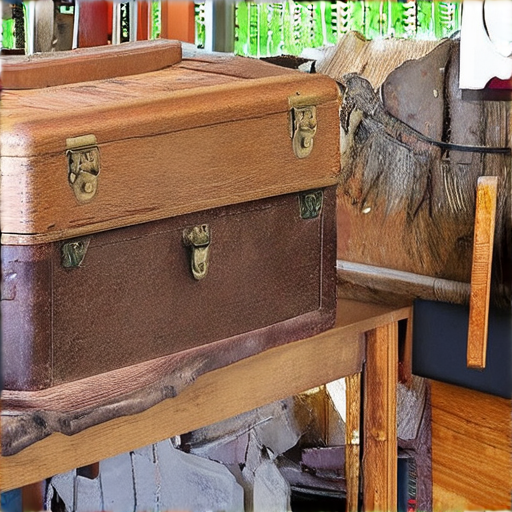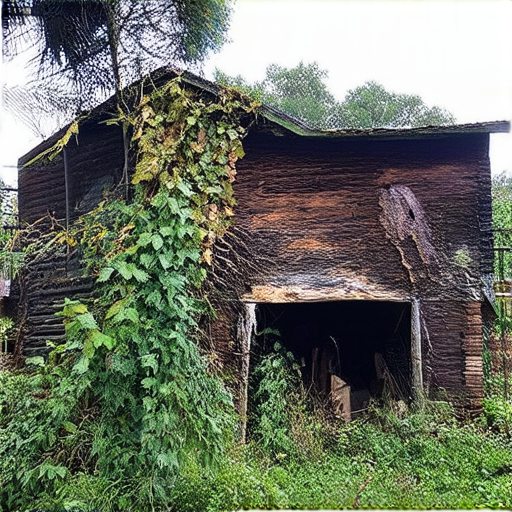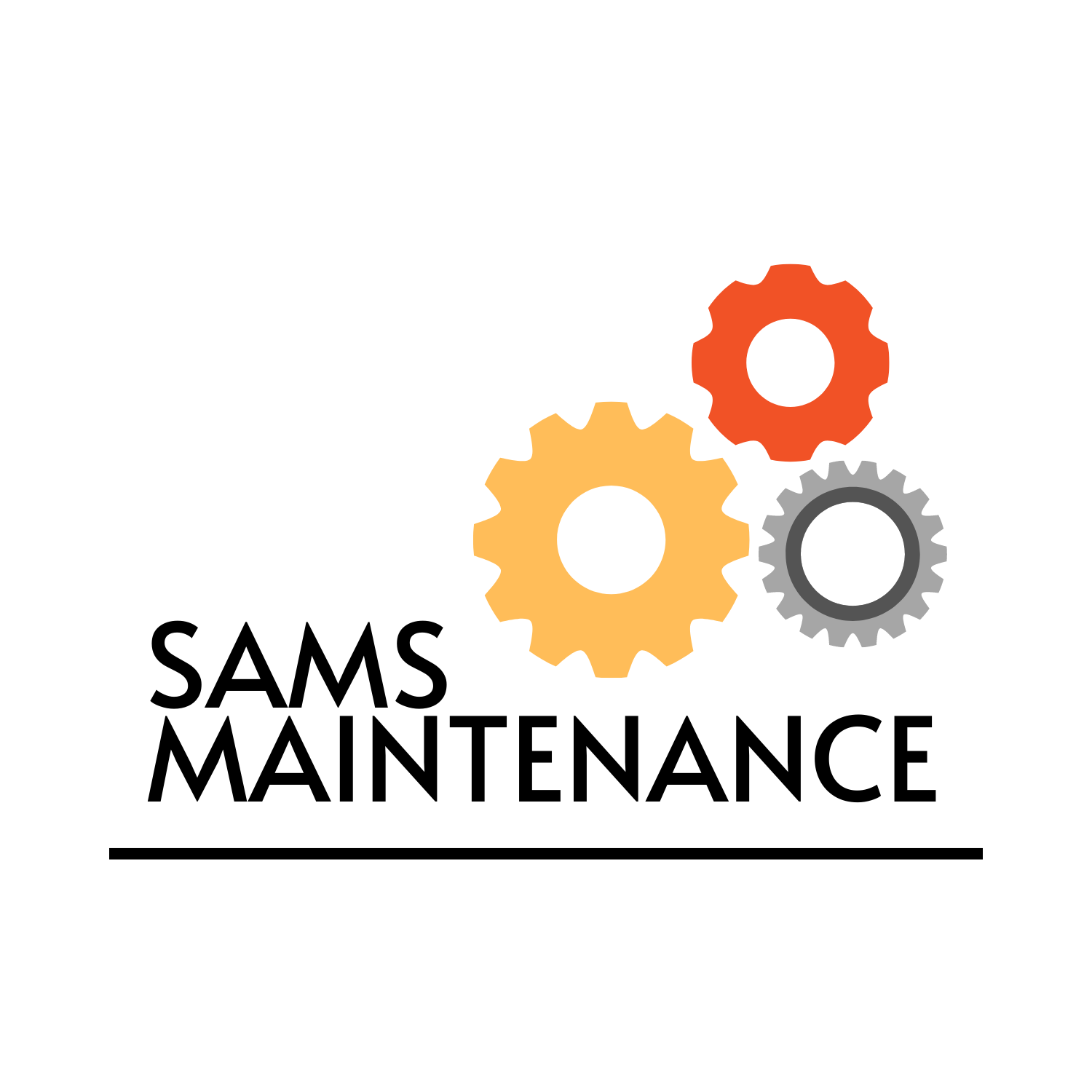As a homeowner, dealing with unexpected issues around the house can be frustrating and costly. However, many common problems can be easily resolved with some basic knowledge of simple DIY repairs. By mastering these fundamental skills, homeowners can save time and money by addressing minor issues before they escalate into major problems. In this comprehensive guide, we’ll explore what constitutes minor home repairs, how to learn basic home repair skills, and provide valuable tips on how to tackle common household tasks.

What Are Minor Home Repairs?
As a homeowner, it’s essential to stay on top of minor home repairs to prevent them from becoming major issues down the line.
- Plumbing Issues: Leaky faucets, clogged drains, and running toilets can waste water and increase your utility bills.
- Light Fixtures: Faulty light switches, dimmer switches, and ceiling fans can cause electrical hazards and reduce the overall ambiance of your home.
- Flooring Replacement: Worn-out carpets, damaged hardwood floors, and cracked tile can compromise the structural integrity of your home and affect its resale value.
- Heating Filters: Dirty air filters can decrease your HVAC system’s efficiency, leading to increased energy consumption and reduced indoor air quality.
At Sams Maintenance, we understand the importance of addressing these minor issues promptly to prevent costly repairs and ensure your home remains safe and comfortable.
Why Minor Home Repairs Matter
Minor home repairs may seem insignificant, but neglecting them can lead to significant consequences, including:
- Increased Energy Consumption: Faulty appliances, leaky pipes, and inefficient HVAC systems can drive up your energy bills and contribute to climate change.
- Reduced Resale Value: Neglecting minor repairs can lower your home’s value and make it harder to sell in the future.
- Electrical Hazards: Faulty wiring, outdated outlets, and malfunctioning circuit breakers can pose serious safety risks to you and your family.
- Mold and Mildew Growth: Water damage, poor ventilation, and high humidity can create an ideal environment for mold and mildew growth, compromising indoor air quality and your health.
How to Prioritize Minor Home Repairs
To stay on top of minor home repairs, follow these simple steps:
- Create a Maintenance Schedule: Set reminders for regular inspections and maintenance tasks to catch potential issues before they become major problems.
- Conduct Regular Inspections: Walk through your home regularly to identify signs of wear and tear, leaks, and other potential issues.
- Hire a Professional: When in doubt, hire a licensed contractor or handyman to assess and repair minor issues before they escalate.
- Stay Informed: Stay up-to-date with the latest DIY tips, tricks, and best practices to tackle minor repairs confidently and efficiently.
By prioritizing minor home repairs, you’ll save money, reduce stress, and enjoy a safer, more comfortable living space.
Learning Basic Home Repair
To become more handy and learn how to fix things around the house, consider the following steps:
-
Take advantage of community workshops offered by local home improvement stores like Home Depot or Lowe’s.
-
Enroll in classes on home repair and maintenance at community colleges or adult education centers.
-
Read books about home repair and maintenance to gain a deeper understanding of various tasks and techniques.
-
Practice and experiment with small projects to develop your skills and confidence.
-
Join online forums or social media groups to connect with other DIY enthusiasts and learn from their experiences.
Additional Resources
For those looking for more comprehensive guidance, consider the following resources:
-
Sams Maintenance: A go-to resource for homeowners and DIY enthusiasts seeking practical guidance and expert advice on home maintenance.
-
The Family Handyman: A trusted source for DIY tutorials, plans, and projects covering a wide range of topics.
-
HomeAdvisor: A platform connecting homeowners with pre-screened professionals for various home repair and maintenance services.
Best Practices for Learning Home Repair
To get the most out of learning home repair, remember the following best practices:
-
Start with simple projects and gradually move on to more complex tasks.
-
Always follow safety guidelines and precautions when working with power tools or hazardous materials.
-
Consult professional help when unsure or uncomfortable with a particular task.
-
Keep records of your projects and maintenance activities to track progress and identify areas for improvement.

The Most Expensive Things to Fix in a House
As a homeowner, it’s essential to be prepared for unexpected expenses, particularly when it comes to major repairs.
-
Roof Replacement
-
HVAC System Replacement
-
Plumbing System Repair
-
Foundation Repair
A new roof can cost anywhere from $8,000 to $15,000 or more, depending on the size and material of your home.
Regular inspections and maintenance can help extend the life of your roof, but eventually, a full replacement may be necessary.
Consider investing in a high-quality roofing material, such as asphalt shingles or metal roofing, which can last longer and require less maintenance.
For more information on roofing materials and installation, visit our Roofing Materials guide.
A new heating, ventilation, and air conditioning (HVAC) system can cost between $10,000 to $30,000 or more, depending on the type and size of your home.
Older HVAC systems can be inefficient and prone to breakdowns, making regular maintenance crucial to extending its lifespan.
Consider upgrading to a high-efficiency HVAC system, which can save you money on energy bills and reduce your carbon footprint.
Learn more about HVAC system installation and maintenance in our HVAC System Installation guide.
Leaks, clogs, and burst pipes can cause significant water damage and lead to costly repairs.
A professional plumber can diagnose and repair plumbing issues, but prevention is key.
Regularly inspect your pipes, check for leaks, and consider installing a whole-house water filter to reduce mineral buildup and corrosion.
Visit our Plumbing Repair guide for tips on preventing and fixing common plumbing issues.
Cracks, shifting, and settling foundations can compromise the structural integrity of your home.
A professional contractor can assess and repair foundation issues, but prevention is crucial.
Regularly inspect your home’s foundation, check for signs of damage, and consider hiring a professional to inspect and repair any issues before they become major problems.
Learn more about foundation repair and maintenance in our Foundation Repair guide.
By understanding the potential costs associated with these major repairs, you can better prepare yourself financially and take proactive steps to prevent or mitigate damage.
Remember to always hire licensed professionals for complex repairs and maintenance tasks to ensure your safety and the longevity of your home.

Diy Home Repair
I’m excited to share my knowledge on diy home repair, which has been a passion of mine for years.
-
What is Diy Home Repair?
-
Benefits of Diy Home Repair
-
Common Diy Home Repairs
-
Tools Needed for Diy Home Repair
-
Safety Precautions for Diy Home Repair
-
Resources for Diy Home Repair
Diy home repair refers to the process of fixing and maintaining your own home without hiring a professional contractor.
The benefits of diy home repair include saving money, learning new skills, and taking pride in your work.
Some common diy home repairs include fixing leaky faucets, patching holes in walls, and replacing light fixtures.
You’ll need basic tools such as a hammer, screwdriver, and pliers to get started with diy home repair.
Always wear protective gear such as gloves and safety glasses when working on diy projects.
Check out our website for tutorials, videos, and articles on diy home repair.
At Sams Maintenance, we’re committed to helping you learn and master diy home repair techniques.
Whether you’re a seasoned pro or just starting out, we’ve got the resources and expertise to guide you every step of the way.
So why wait? Start exploring our website today and discover the world of diy home repair!
We offer a variety of services, including handyman services and home repair services.
Our team of experts is dedicated to providing top-notch service and support to help you achieve your diy goals.
Don’t hesitate to reach out to us with any questions or concerns – we’re always here to help!
Stay tuned for more updates and tips on diy home repair by following us on social media:
Facebook | Twitter | Instagram
Thanks for reading, and happy DIY-ing!
What is an Emergency Home Repair?
An emergency home repair refers to unexpected and urgent issues that require immediate attention to prevent further damage or compromise the safety and habitability of your home.
- A leaky roof or burst pipes
- A broken furnace or heating system
- A malfunctioning electrical system or short circuit
- A clogged sewer line or backed-up drains
- A damaged foundation or structural issue
- A faulty plumbing system or water heater
- A compromised insulation or energy efficiency
- A pest infestation or rodent problem
Causes of Emergency Home Repairs:
Emergency home repairs can arise due to various factors, including:
- Aging infrastructure or worn-out components
- Natural disasters or extreme weather conditions
- Poor maintenance or neglect
- Accidental damage or vandalism
- Manufacturing defects or product failures
Consequences of Delayed Emergency Home Repairs:
Failing to address emergency home repairs promptly can lead to:
- Increased costs and expenses
- Further damage and deterioration
- Health risks and safety hazards
- Reduced property value and marketability
- Disruption of daily life and routine
How to Prepare for Emergency Home Repairs:
To minimize the impact of emergency home repairs, consider:
- Maintaining a regular maintenance schedule
- Setting aside a budget for unexpected expenses
- Having a backup plan for essential services
- Staying informed about local building codes and regulations
- Investing in insurance coverage for unexpected events
Seeking Professional Help:
If you’re unsure about how to handle an emergency home repair, don’t hesitate to seek professional assistance from:
- Licensed contractors and handymen
- Home inspection services
- Property management companies
- Local authorities and emergency services

Is DIY Really Worth It?
When deciding whether to take on a DIY project, it’s essential to weigh the pros and cons carefully.
- Pros:
- You can save money by avoiding labor costs associated with hiring a professional.
- You’ll have complete control over the project, allowing you to make changes and adjustments as needed.
- D.I.Y projects can be a great learning experience, teaching you new skills and giving you a sense of accomplishment.
- Cons:
- Your time may be better spent on other activities, such as work or spending time with family and friends.
- If you’re not experienced in the area, you may end up making costly mistakes or damaging your property.
- The time required to complete a D.I.Y project can be significant, taking away from other important tasks and responsibilities.
In general, a DIY project is only worth it if your time investment doesn’t outweigh the money you’ll save. You don’t want to spend months and months on a project that a professional could finish in a day or two, or one that only saves you $100.
However, there are situations where DIY projects make perfect sense:
- Small Repairs: Fixing small issues around the house, such as leaky faucets or loose door handles, can be done quickly and easily, saving you money and time.
- Simple Projects: Tasks like painting a room, assembling furniture, or building a simple deck can be completed with minimal effort and expense.
- Personal Satisfaction: Taking on a DIY project can give you a sense of pride and accomplishment, which can be invaluable.
Ultimately, whether or not a DIY project is worth it depends on your individual circumstances and priorities. If you’re unsure, consider consulting with a professional or seeking guidance from online resources, such as Family Handyman or This Old House.
At Sams Maintenance, we understand the importance of balancing DIY projects with other responsibilities. Our team is always available to provide expert advice and assistance, helping you make informed decisions about your home maintenance needs.

0 Comments